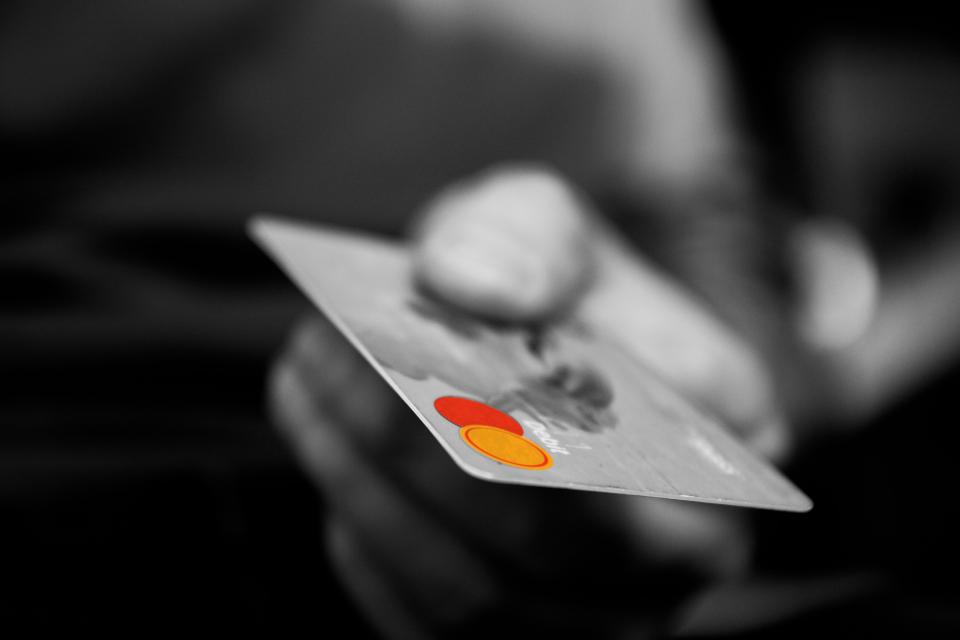In a world where anyone you meet probably has a credit card, financial institutions judge every person based on their credit score.
Maintaining a good credit score does not happen overnight. While a good score is not really difficult to keep, it can also be damaged just as easily.
Having an impressive credit score will open many doors of opportunities and perks like being able to enjoy a much lower interest rates on loans and credit cards.
Today we prepared a list of the things you can and should start doing in order to keep your credit score squeaky clean.
1. Get a Deep Understanding of Your Credit Score
Obviously, it is best that you have a good understanding of how financial institutions see you.
Every year, you may avail of a free copy of your financial report from credit reporting entities namely TransUnion, Experian, and Equifax.
By obtaining a copy of your credit report, you will now be able to see how good or how bad your score is.
Scores will range from 350 being the riskiest (you do not want to be anywhere near this number) to 850 being the safest.
The score is based on the likelihood that you will not pay your loans.
Creditors, of course, favor those with high credit scores as they are more likely to pay.
On the other hand, those with bad scores would find it hard to ask for loans from banks and other financial bodies.
If you wish to improve your credit score, you can switch to bad credit credit cards that are made specifically for those with bad score.
This type of credit card does not offer rewards nor loyalty programs, but has a significantly lower annual fee.
2. Pay Your Credit Card Balance
Here is one financial truth: Paying your balances off will significantly boost your credit score whether you owe small amounts of money on several credit cards or just a few with balances that exceed your limit.
Here is another truth: Revolving credit will put you in a bad light as this will signal creditors that you are spending more than what you are earning.
Never, ever do that.
3. Start an Emergency Fund
It is fairly easy to admit that credit cards are easy to use. The problem lies on how we use them.
Some people you know may have decided to get credit cards so they can use them in the event of a medical emergency.
This is not the way you want to use your credit cards.
If emergency funds are what you need, then set aside a portion of your monthly paycheck that goes straight into a savings account.
Or a cute piggy bank, if that is your thing.
Even if you start by saving $10 or $20, it would later make a difference if you keep on doing it every week.
Using your credit card for a big amount will of course incur you a big interest, which is why it is better to use cash for these kinds of transaction.
4. Never Use a Credit Card as an Extension of Your Paycheck
More and more establishments and stores are accepting credit cards regardless of which bank issued them.
Transactions using a credit card are usually quick and easy.
That’s why, when we mentioned previously about how credit cards are easy to use, we really, really mean it.
It is never advisable to use your credit cards to buy things that your paycheck can no longer afford.
If you really want to buy that bag, you might want to save for it. The experience will feel a lot better because you know that you saved for it.
There is also an advantage when putting off a huge purchase.
One or two months after saving money for it, you might feel that you no longer want to buy it.
If that is the case, deposit your supposedly shopping money straight into your savings account.
5. Pay More Than The Minimum
Sure, minimum payments will keep you out of trouble, but it will also only lower your total balance a small, unnoticeable amount at a time.
Bring your balance down by starting to pay more than your minimum each month.
Not only that your balance will be exhausted much more quickly than paying just the minimum, but it will also improve your credit rating.
Once your credit card balances are paid off, it is better not to close them.
If you are worried about recurring annual fees, pick up the phone and politely ask the representative to waive off the fee.
Smile. And be friendly.
Who knows, you might just get lucky.
6. Make it a Habit to Pay Your Bills On Time
Your credit score depends greatly on whether or not you paid your dues on time.
Remember that penalty you incurred from when you had loaned a book from the public library?
You might think it was not much of a big deal back then, but if left unpaid, it might affect your credit score.
Paying all your monthly dues on time is a habit that you do not want to break from, because everything gets reported to credit reporting companies.
So how do you pay your bills on time? Easy!
You may opt to set the most important bills to be paid on autopay. This way, you do not miss any due dates ever again!
We hope that these tips we have provided will serve as your weapon to securing a financially healthy future free of debts.
Keeping your credit score in good standing is a battle easily won by properly managing your finances and knowing the difference of need from want. By constantly controlling yourself to do impulse buys, half of the battle is already won.
Do you have any other tips on how others can keep a healthy credit score?
Have these tips worked for you in the past?
Do not hesitate to leave us your comment in the box below.
Find a Home-Based Business to Start-Up >>> Hundreds of Business Listings.

















































